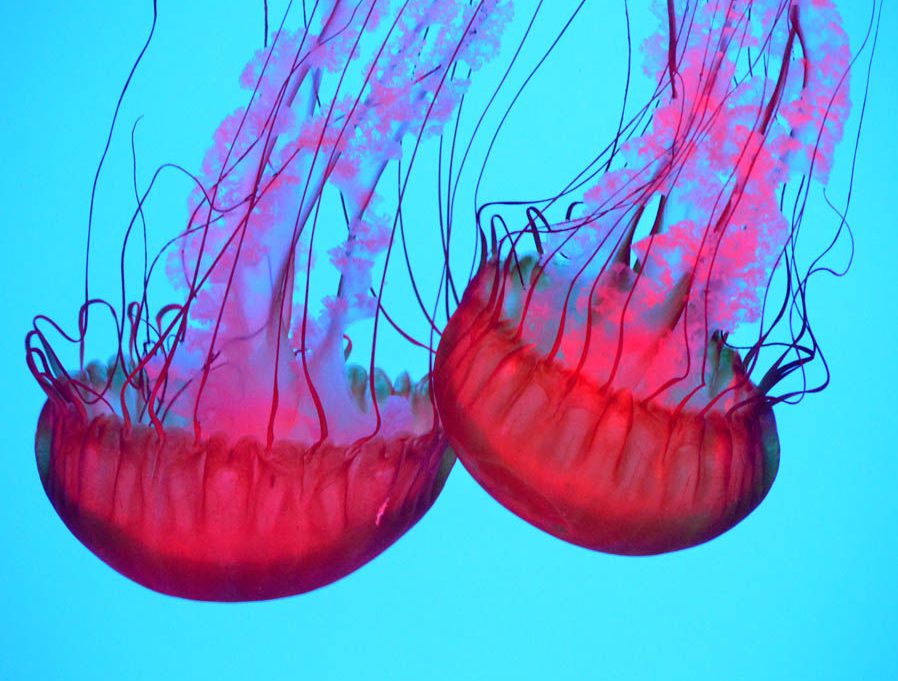Panaji (Goa)
While thousands of visitors are thronging the beaches ahead of New Year with celebrations already underway, Drishti Marine has cautioned to stay alert and safe after its lifeguards spotted jellyfish which was washed ashore along the Candolim-Sinquerim beach stretch in North Goa on today. Drishti has alerted the Tourism Department too.
“Marine animals, jellyfish are of two kinds- toxic and non-toxic. And while most jellyfish stings are harmless to humans and cause only a mild irritation; in very rare cases jellyfish species are venomous and can cause harm on contact. Drishti Marine advises immediate first aid precautions that should be taken in case a person comes in contact with the jellyfish,” states a press statement.
In July, the lifeguards had warned visitors not to venture into the sea as jelly-like marine organsim Bluebottle, which are venomous had emerged along the same beach stretch.
“Bluebottle could possibly be present in the waters or along the shoreline.The Bluebottle species are venomous and can cause harm on contact. Drishti cautions visitors to the beach to avoid contact,” the lifeguards agency had said. The Bluebottle spotted was less than an inch in size.
Earlier last month, the lifeguards had spotted the jellyfish at Baina-Betalbatim-Velsao beach stretch in South Goa.
In case of emergency, the agency has instructed the following
• If stung by a jellyfish inform the nearest lifeguard or lifeguard tower.
• Wash the stung area with hot water (as hot as you can stand it) as heat further breaks down the toxins.
• Generously spray the stung area with vinegar. It is known to diffuse any poison that may be more active in the nematocysts present in the tentacles.
• Place ice packs on the stung area to reduce the pain and swelling.
• In case of chest pain and breathing difficulty, visit the doctor immediately.



























